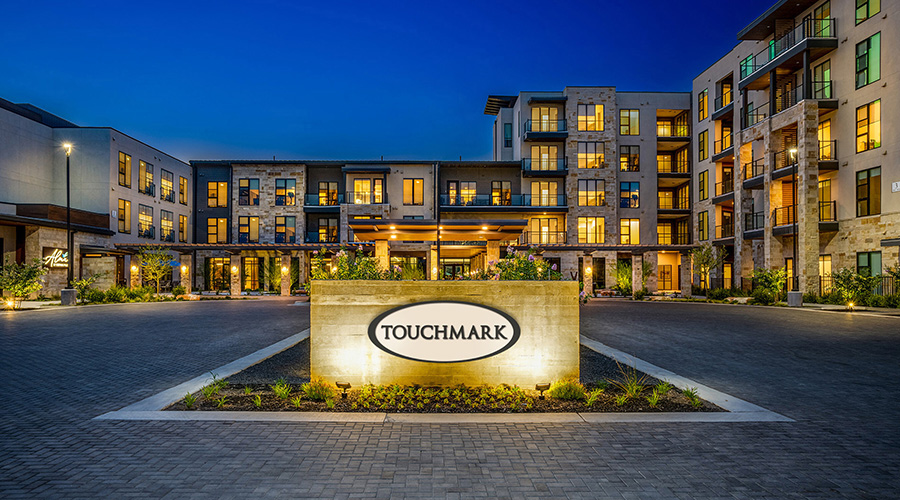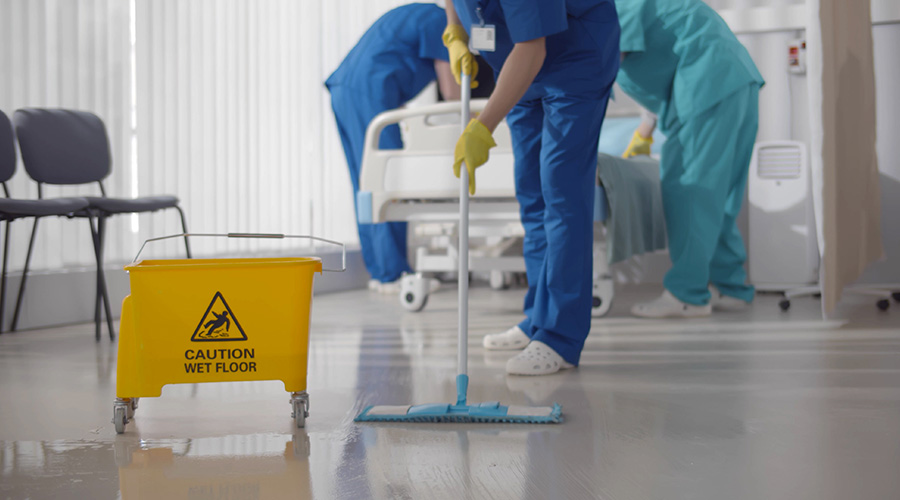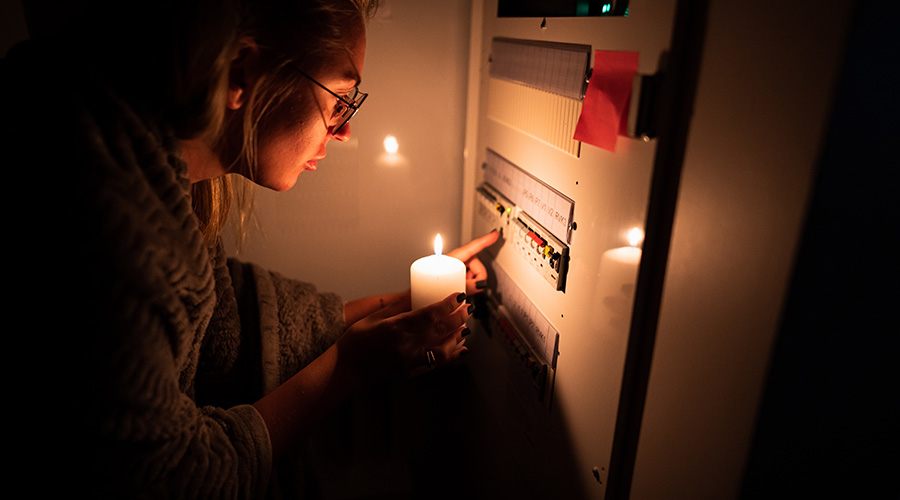The Trusted Network Accreditation Program (TNAP) Collaborative Survey Finds Concern Over Privacy and Security Key Barrier to Interoperability
The Trusted Network Accreditation Program (TNAP) collaborative, developed to promote interoperability by assuring the security and privacy of trusted networks, today announced the results of a healthcare industry stakeholder survey.The feedback generated from the survey will help guide the development of a transparent, inclusive and open process as the collaborative continues to develop a program that aligns with TEFCA draft provisions recently released by the federal government.
"Overwhelmingly, survey respondents indicated that improving the electronic movement of health information will improve patient care," stated Lee Barrett, Executive Director and CEO of EHNAC, one of the organizations that leads the initiative. "However, the vast majority of potential network participants signaled that if privacy and security concerns are not addressed, interoperability may not be achieved."
Significant findings from the survey include:
- 95 percent of respondents agree or strongly agree that improving the ability of the healthcare system to electronically share patient data will lead to a more effective and efficient care delivery system.
- 84 percent of respondents agree or strongly agree that privacy and security certification/accreditation is a viable method to assure trust between Health Information Network participants.
- 81 percent of respondents agree or strongly agree that one of the barriers to interoperability in healthcare has been concern from potential network participants for the privacy and security of patient data after it leaves their organization.
- 62 percent of respondents agree or strongly agree that one of the barriers to provider support of more widespread data exchange has been the perceived inconsistent level of privacy and security with other data exchange participants.
"It is vital that key healthcare industry stakeholders collaborate and place a dedicated focus on improving the current state of interoperability," added Barrett. "The findings of this survey indicate that the healthcare industry sees tremendous value in privacy and security accreditation, as well as the necessity to improve the exchange of secure electronic information to facilitate improved patient care."
|
July 1, 2019
Topic Area:
Press Release
Recent Posts
Traditional responses — building more primary and secondary care facilities — are no longer sustainable.
The organization broke ground on the health campus in March 2024.
The facility will now be known as Touchmark at Georgetown.
So-called dust bunnies on hospital room floors contain dust particles that turn out to be the major source of the bacteria humans breathe.
Almost half of power outages in the United States were caused by extreme weather events.
 Building Sustainable Healthcare for an Aging Population
Building Sustainable Healthcare for an Aging Population Froedtert ThedaCare Announces Opening of ThedaCare Medical Center-Oshkosh
Froedtert ThedaCare Announces Opening of ThedaCare Medical Center-Oshkosh Touchmark Acquires The Hacienda at Georgetown Senior Living Facility
Touchmark Acquires The Hacienda at Georgetown Senior Living Facility Contaminants Under Foot: A Closer Look at Patient Room Floors
Contaminants Under Foot: A Closer Look at Patient Room Floors Power Outages Largely Driven by Extreme Weather Events
Power Outages Largely Driven by Extreme Weather Events